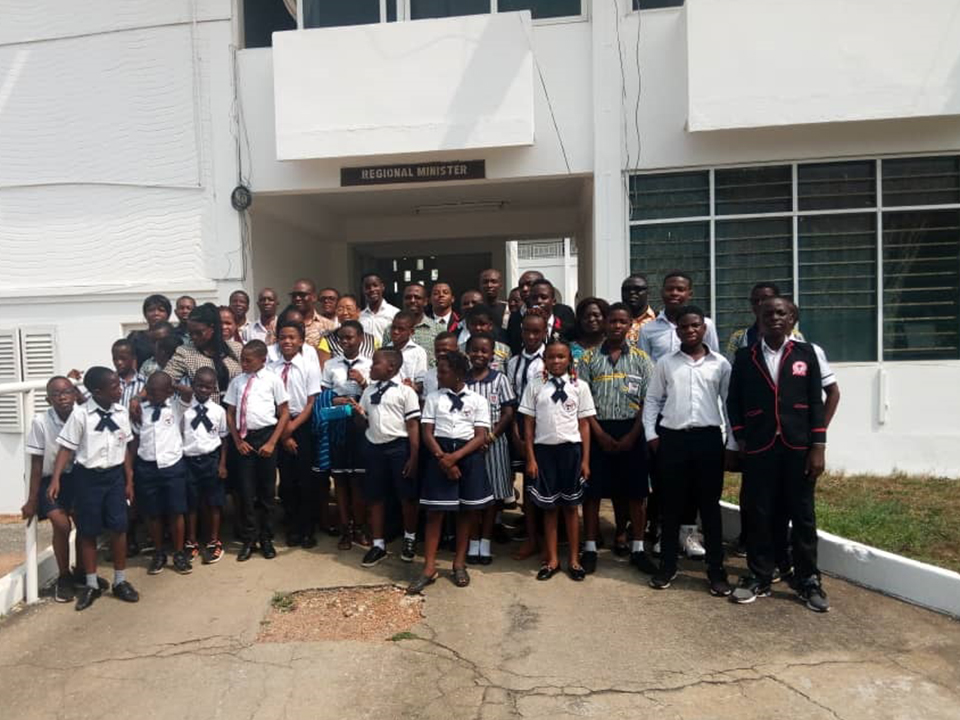The University of Cape Coast (UCC) through the Centre for Coastal Management (CCM) is collaborating with the Technical University of Denmark (DTU) to embark on a joint project aimed at generating knowledge to support research-based management of marine and coastal resources; and the environment.
The project dubbed “HOTSPOT” is aimed at strengthening research capacity in Ghana and Denmark through the integration of two research cultures that would provide ideal setting for scientific innovation using current scientific knowledge to address maritime sustainability challenges.
HOTSPOT is being funded by the Ministry of Foreign Affairs, Denmark through the Denmark Development Cooperation (DANIDA) with a grant of DDK 5 million which is equivalent to US $ 800,000 for a period of three years thus, 2018-2020. Project implementers include DTU Aqua, UCC-CCM, COWI, LITEHAUZ and Zeal Environmental Technologies.
HOTSPOT will contribute towards achieving the Sustainable Development Goal 14 with a focus on increasing scientific knowledge; developing research capacity and transfer of knowledge about life below water. It is also a priority of the Danish and Ghana governments’ development strategy in Developing and Transition countries.
During the implementation of the project, academic expertise of the two universities and environmental expertise of two Danish consultancy companies, COWI and LITEHAUZ, as well as Ghanaian company, ZEAL Environmental Technologies Limited would be deployed to achieve the objectives of HOTSPOT. Through HOTSPOT, there would be opportunities for student exchanges, in the form of courses, post-graduate training and research projects. In achieving the objectives of HOTSPOT, the partners would work in close collaboration with stakeholders, such as the Ghana Environmental Protection Agency and Ghana Maritime Authority. The lead research for HOTSPOT is Prof. Gissen Nielsen Torkel of DTU.
It is a fact that the Gulf of Guinea is exposed to multiple stressors, such as discharges from ship traffic, chemicals and heavy metals from mining and oil exploration, and wastes from land. Previous research has shown how these factors individually influence the marine life.
However, not much is known about how marine organisms react when these factors act together as multiple stressors. HOTSPOT will investigate these problems by conducting small and large-scale laboratory experiments, combined with modelling.
The first step is to determine the types, concentrations and sources of stressors and their main sources. Through HOTSPOT project, the partners and stakeholders are determined to help manage these stressers on marine and coastal resources and environment.

